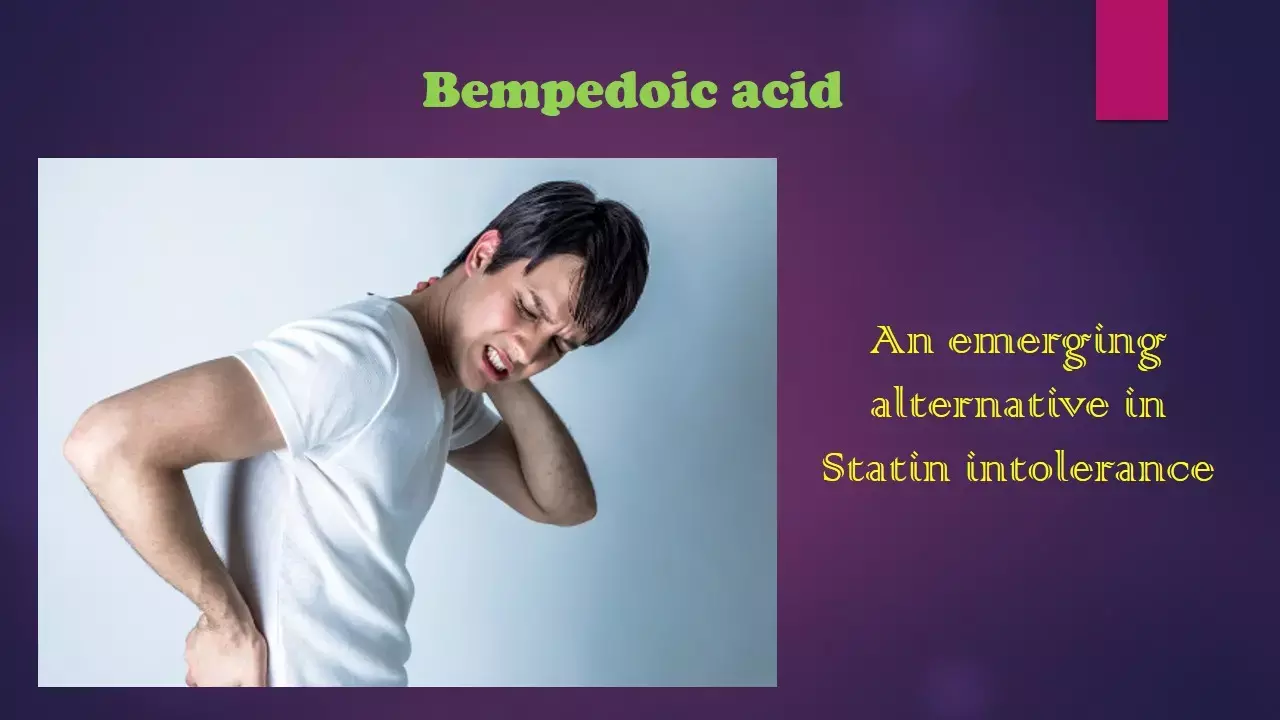- Home
- Medical news & Guidelines
- Anesthesiology
- Cardiology and CTVS
- Critical Care
- Dentistry
- Dermatology
- Diabetes and Endocrinology
- ENT
- Gastroenterology
- Medicine
- Nephrology
- Neurology
- Obstretics-Gynaecology
- Oncology
- Ophthalmology
- Orthopaedics
- Pediatrics-Neonatology
- Psychiatry
- Pulmonology
- Radiology
- Surgery
- Urology
- Laboratory Medicine
- Diet
- Nursing
- Paramedical
- Physiotherapy
- Health news
- Fact Check
- Bone Health Fact Check
- Brain Health Fact Check
- Cancer Related Fact Check
- Child Care Fact Check
- Dental and oral health fact check
- Diabetes and metabolic health fact check
- Diet and Nutrition Fact Check
- Eye and ENT Care Fact Check
- Fitness fact check
- Gut health fact check
- Heart health fact check
- Kidney health fact check
- Medical education fact check
- Men's health fact check
- Respiratory fact check
- Skin and hair care fact check
- Vaccine and Immunization fact check
- Women's health fact check
- AYUSH
- State News
- Andaman and Nicobar Islands
- Andhra Pradesh
- Arunachal Pradesh
- Assam
- Bihar
- Chandigarh
- Chattisgarh
- Dadra and Nagar Haveli
- Daman and Diu
- Delhi
- Goa
- Gujarat
- Haryana
- Himachal Pradesh
- Jammu & Kashmir
- Jharkhand
- Karnataka
- Kerala
- Ladakh
- Lakshadweep
- Madhya Pradesh
- Maharashtra
- Manipur
- Meghalaya
- Mizoram
- Nagaland
- Odisha
- Puducherry
- Punjab
- Rajasthan
- Sikkim
- Tamil Nadu
- Telangana
- Tripura
- Uttar Pradesh
- Uttrakhand
- West Bengal
- Medical Education
- Industry
Bempedoic acid improves cardiovascular outcomes in statin-intolerant patients, CLEAR Outcomes trial

Bempedoic acid, an ATP citrate lyase inhibitor, reduces low-density lipoprotein (LDL) cholesterol levels and is associated with a low incidence of muscle-related adverse events (in contrast to statins). But its effects on cardiovascular outcomes have remained uncertain. In an article now published in the NEJM, Nissen et al. have attempted to fill this gap with the results of the CLEAR Outcomes trial by showing that among statin-intolerant patients, treatment with bempedoic acid was associated with a lower risk of major adverse cardiovascular events.
High-intensity statin therapy is recommended for primary and secondary prevention of atherosclerotic cardiovascular disease. Unfortunately approximately 10% of such patients are unable or unwilling to take them, primarily owing to muscle-related symptoms. Bempedoic acid, an inhibitor of ATP citrate lyase, works upstream of statins in the same mechanistic pathway and reduces the LDL cholesterol level when used alone or in combination with ezetimibe in statin-intolerant patients or with statins or ezetimibe in patients with familial hypercholesterolemia.
What has been lacking to date is high-quality evidence that bempedoic acid reduces the risk of clinical events.
In the present trial, a total of 13,970 patients who had or were at high risk for atherosclerotic vascular disease and were unable to take more than a very low dose of a statin were randomly assigned to receive bempedoic acid (180 mg daily) or placebo.
The primary end point was a four-component composite of major adverse cardiovascular events, defined as death from cardiovascular causes, nonfatal myocardial infarction, nonfatal stroke, or coronary revascularization.
The percent reduction in the LDL cholesterol level was greater with bempedoic acid than with placebo by 21%, and the primary composite end point was 13% lower with bempedoic acid than with placebo over a median of 3.4 years.
Bempedoic acid also reduced the risk of secondary end-point events. Similar effects of bempedoic acid were seen in patients using concomitant ezetimibe and very-low-dose statins.
Interestingly, a numerically greater effect of bempedoic acid on the primary end point was observed for the 30% of patients in the primary-prevention cohort than for the 70% of patients in the secondary-prevention cohort.
The percentage of patients with myalgias was similar in the bempedoic acid group and the placebo group, but incidences of gout, cholelithiasis, and laboratory elevations in creatinine, uric acid, and hepatic enzyme levels were higher with bempedoic acid than with placebo.
Where Does Bempedoic Acid Fit in with Other Cholesterol-Lowering Treatments?
“Available data clearly indicate that bempedoic acid can be used as an adjunct to statin and nonstatin therapies to produce an additional 16 to 26% reduction in the LDL cholesterol level”, noted in an accompanying editorial. Bempedoic acid has now entered the list of evidence-based alternatives to statins for primary and secondary prevention in patients at high cardiovascular risk.
Source: NEJM:
1. N Engl J Med 2023; 388:1425-1426
2. N Engl J Med 2023; 388:1353-1364
3. N Engl J Med 2023; 388:1427-1430
MBBS, MD , DM Cardiology
Dr Abhimanyu Uppal completed his M. B. B. S and M. D. in internal medicine from the SMS Medical College in Jaipur. He got selected for D. M. Cardiology course in the prestigious G. B. Pant Institute, New Delhi in 2017. After completing his D. M. Degree he continues to work as Post DM senior resident in G. B. pant hospital. He is actively involved in various research activities of the department and has assisted and performed a multitude of cardiac procedures under the guidance of esteemed faculty of this Institute. He can be contacted at editorial@medicaldialogues.in.
Dr Kamal Kant Kohli-MBBS, DTCD- a chest specialist with more than 30 years of practice and a flair for writing clinical articles, Dr Kamal Kant Kohli joined Medical Dialogues as a Chief Editor of Medical News. Besides writing articles, as an editor, he proofreads and verifies all the medical content published on Medical Dialogues including those coming from journals, studies,medical conferences,guidelines etc. Email: drkohli@medicaldialogues.in. Contact no. 011-43720751


